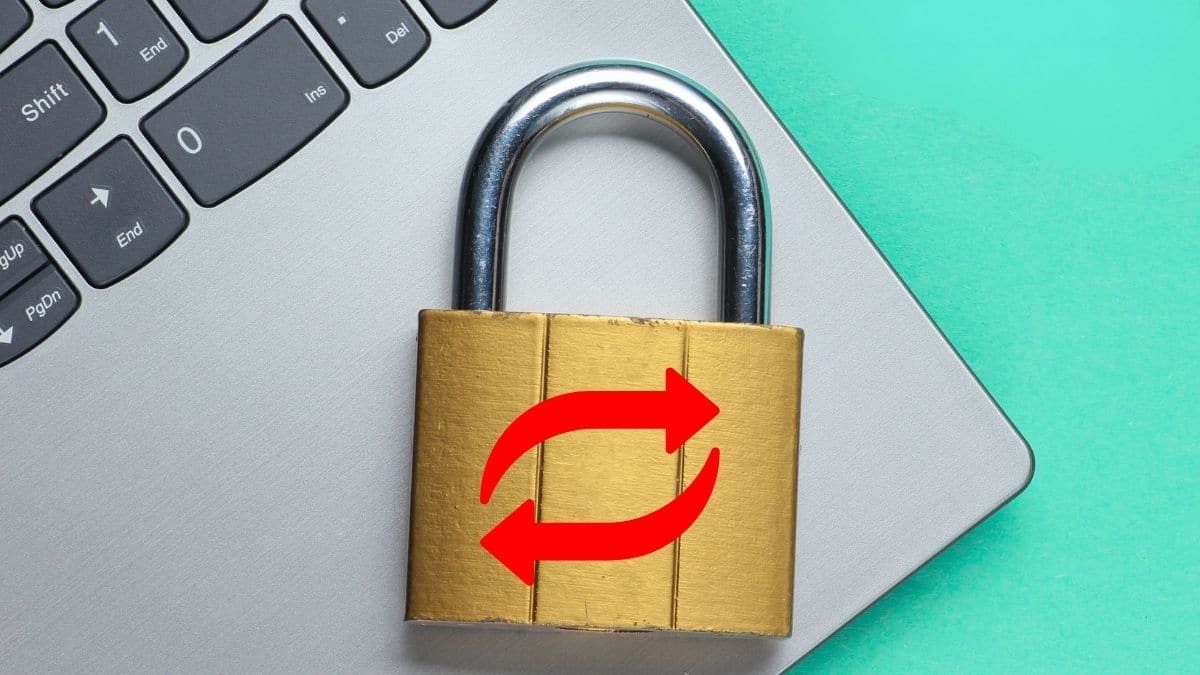HIGHLIGHTS
- India has decided not to impose any limits on the import of Laptops.
- The government wants laptop importers to be closely monitored.
- The government decided to apply import restrictions for the reasons listed below.

In response to criticism, India has decided not to impose any limits on the import of Laptops. According to the commerce secretary, the government wants laptop importers to be closely monitored.
According to report by Reuters, the modification was made on Friday by Sunil Barthwal, India’s trade secretary. Following opposition from the industry and condemnation from Washington, the licensing system for imports, which was established on August 3 with the goal of ensuring the admission of “trusted hardware and systems” into India, was delayed for three months. For businesses like Apple, Samsung, Dell, Lenovo, and HP, the original plan would have had huge ramifications.
It is not implied by the reversal that the laptop importers will switch back to the previous protocol. Santosh Kumar Sarangi, Directorate General of Foreign Trade, asserted that the government is in discussions with business players to develop a new order that is anticipated to be announced by the end of this month.
Attempt to increase India’s production of laptops
The Indian government announced in August 2023 that import licenses would become necessary for electronic items including laptops and tablets as of November 1, 2023. However, the government had stopped enforcing these restrictions and has since abandoned them in favor of a new rule.
The government decided to apply import restrictions for the following reasons:
- Addressing safety concerns.
- Encouraging domestic production.
- Lowering the import of Chinese laptops.
The administration had previously announced that only those with a legitimate license would be allowed to import the restricted goods. However, there were some exceptions allowed, such as for the work of research and development, testing, benchmarking, assessment, repair, re-export, and product creation.


